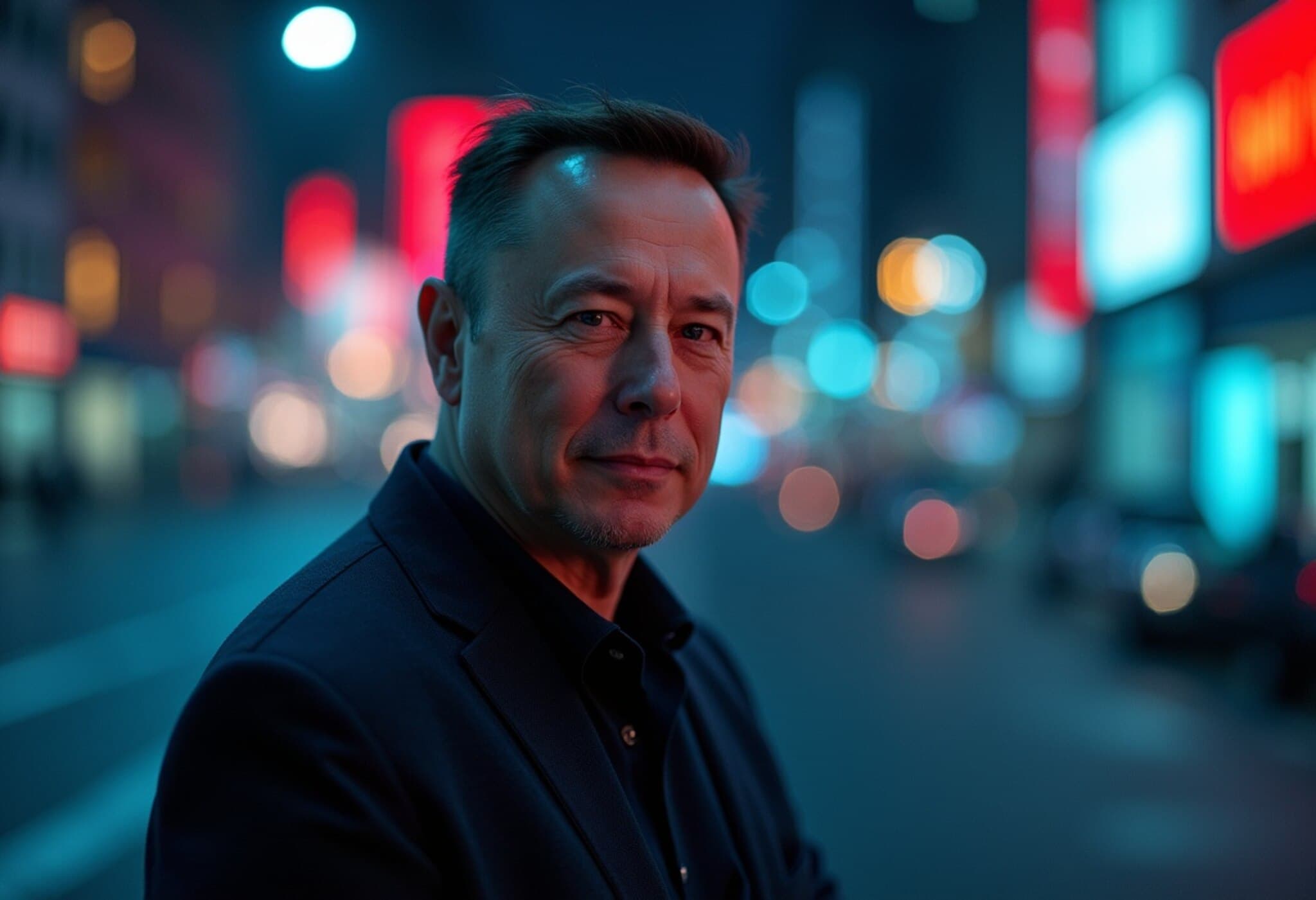OpenAI Unlocks Europe's AI Future with New Stargate Data Center in Norway
In a bold move signaling its first major European footprint, OpenAI announced on Thursday the launch of a pioneering AI data center project in Norway, dubbed Stargate. This ambitious endeavor, developed in partnership with British infrastructure firm Nscale and Norwegian energy powerhouse Aker, promises to supercharge AI capabilities on the continent.
A Next-Generation AI Hub Powered by Renewable Energy
Located in Kvandal, near Narvik in northern Norway, the Stargate facility is set to house a staggering 100,000 Nvidia graphics processing units (GPUs) by the end of 2026. These GPUs, recognized globally as the gold standard for efficiently running complex AI workloads, will power some of the most advanced artificial intelligence applications.
More than just size, sustainability sits at the core of this project. The data center will run on 100% renewable energy, tapping into Norway’s abundant hydropower resources. With an initial capacity of 230 megawatts, Stargate is poised to become one of Europe’s largest and greenest AI computing hubs.
Strategic Collaboration Between OpenAI, Nscale, and Aker
This project is a 50-50 joint venture between Nscale, a British data center developer, and Aker, a Norwegian energy infrastructure firm. While OpenAI won’t own the site outright, it will serve as a key off-taker, purchasing computing capacity, thereby ensuring dedicated AI compute power for its evolving needs.
“Europe faces a dual challenge: insufficient computing capacity and a fragmented market,” said Josh Payne, CEO of Nscale. “Our Stargate project aims to unify and elevate Europe’s AI infrastructure, unlocking productivity and growth opportunities.”
Europe’s Push for Sovereign AI and Computing Independence
The Stargate project comes at a time when Europe is intensifying efforts to build sovereign AI capabilities. This concept calls for critical AI infrastructure and data processing to remain within European borders, addressing concerns over data privacy, security, and technological autonomy.
OpenAI’s move resonates with this geopolitical and economic strategy, signaling a deeper commitment to support local AI ecosystems while navigating the continent’s complex regulatory landscape.
Economic and Policy Implications
- Investment Scale: Nscale and Aker have each invested approximately $1 billion for the project’s initial phase, focusing on 20 megawatts of capacity with plans to scale significantly.
- Regional Benefits: Northern Norway offers a unique combination of low local electricity demand, ample hydropower, and restricted transmission infrastructure, making it an ideal location for such heavy computational demand.
- Technological Leadership: By establishing a European base with cutting-edge Nvidia GPUs, OpenAI sets a precedent for AI innovation clusters beyond Silicon Valley's reach.
Global AI Infrastructure Race Escalates
OpenAI’s Stargate initiative forms part of a growing international race to build massive AI infrastructure tailored to the needs of national and regional economies. Other efforts include collaborations stretching from Japan to the UAE, with projected investments surging into the hundreds of billions.
Technology leaders like Nvidia have also been urging increased AI compute capacity investment. Nvidia CEO Jensen Huang notably advocated for Europe to bolster its AI infrastructure during his visits this year, echoing the sentiments behind Stargate.
Looking Ahead: Challenges and Opportunities
While the initiative is groundbreaking, questions remain about funding transparency, scalability beyond the initial phases, and how this infrastructure will integrate into Europe's fragmented AI landscape.
Moreover, the project highlights a critical question: Can Europe overcome its fragmented energy and data policies swiftly enough to fully capitalize on such large-scale AI investments?
Editor’s Note
The launch of OpenAI’s Stargate data center in Norway represents a pivotal moment in Europe’s AI journey, blending advanced technology with sustainability and regional sovereignty ambitions. As AI continues redefining global economies, projects like Stargate invite us to consider how infrastructure, policy, and innovation must harmonize to unlock the full potential of artificial intelligence. Observing how this model evolves could offer vital lessons in balancing technological leadership and responsible growth.



















